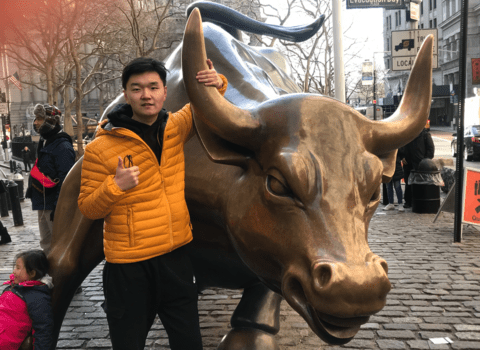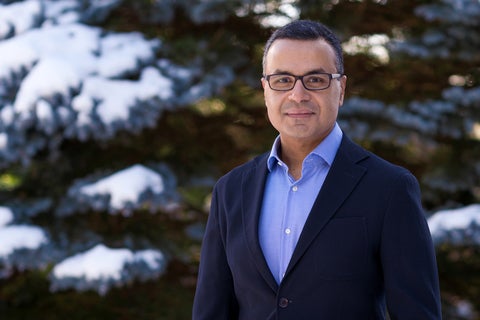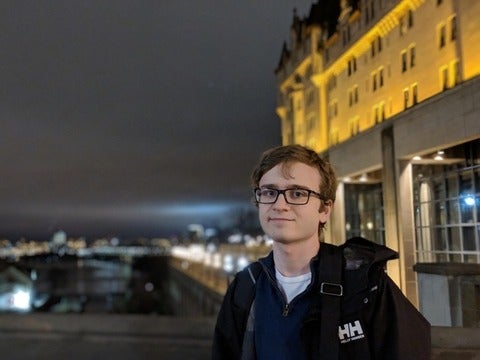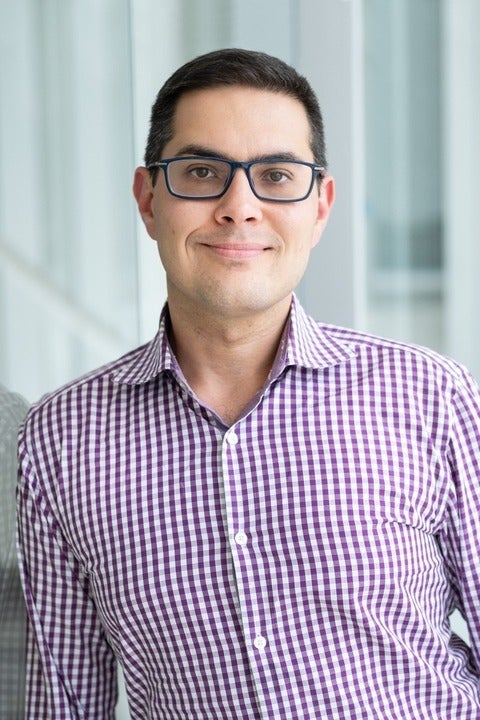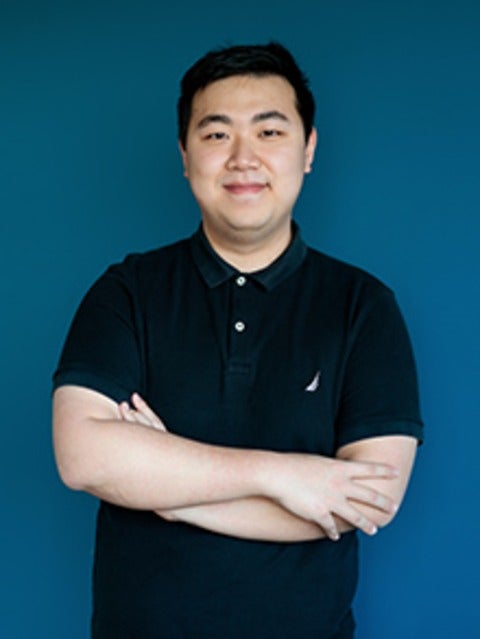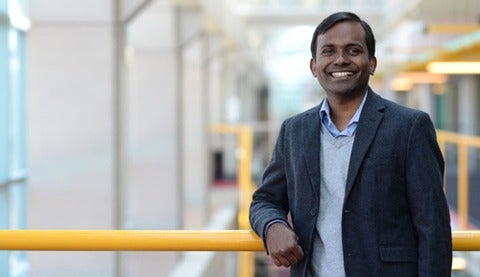Faculty of Mathematics Professor Anita Layton named 2021 Krieger-Nelson Prize recipient
Professor Anita Layton has been named the 2021 Krieger-Nelson Prize recipient for her exceptional contributions to mathematical research with applications ranging from fluid dynamics to biology and medicine. Professor Layton will receive her award and present a prize lecture during the Canadian Mathematical Society (CMS) Summer Meeting in June 2021.
The Krieger-Nelson Prize was inaugurated in 1995 by the CMS to recognize outstanding contributions in the area of mathematical research by a female mathematician.

